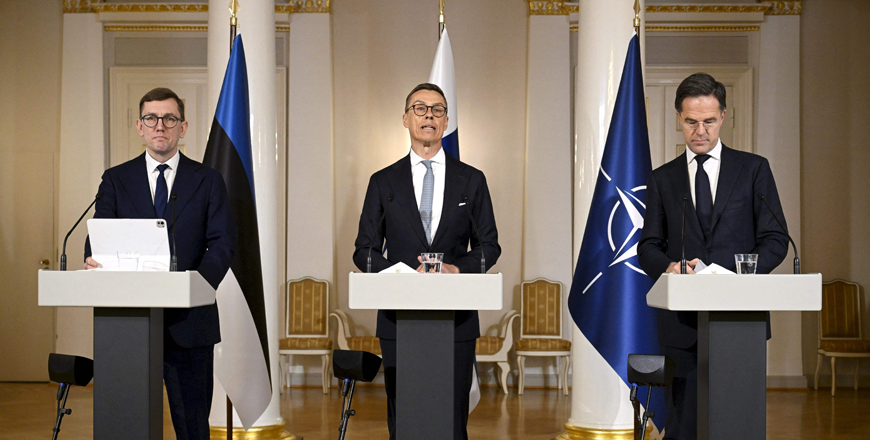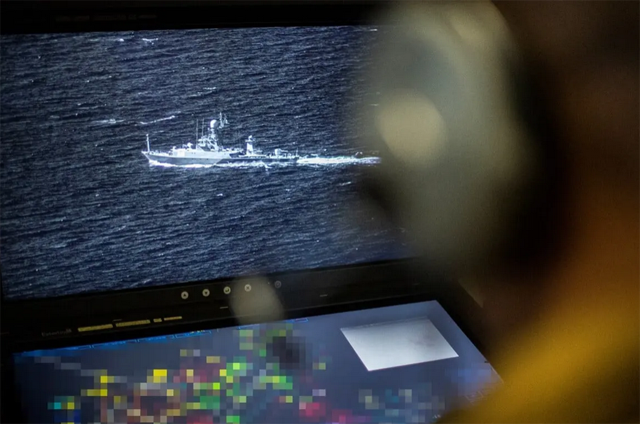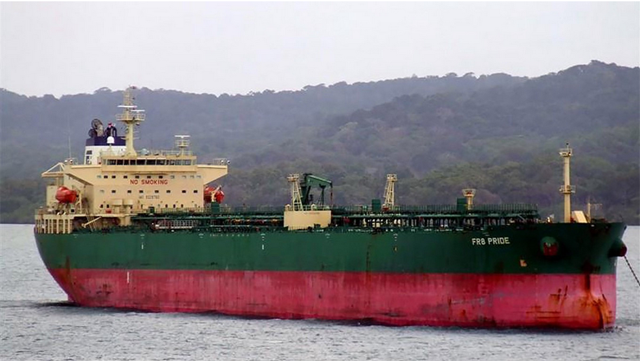You are here
NATO Baltic leaders seek to boost security after cable 'sabotage'
By AFP - Jan 14,2025 - Last updated at Jan 14,2025

Estonian Prime Minister Kristen Michal, Finnish President Alexander Stubb and NATO Secretary General Mark Rutte hold a joint press conference at the summit of the Baltic Sea NATO countries at the Presidential Palace in Helsinki, Finland, on Tuesday (AFP photo)
HELSINKI — NATO countries on the Baltic Sea met in Helsinki on Tuesday, looking to boost security following the suspected sabotage of undersea cables, widely blamed on Russia.
They are expected to announce a NATO patrol mission monitoring activity "below, above, and on the sea surface", researcher Iro Sarkka of the Finnish Institute of International Affairs told AFP.
Several undersea telecom and power cables have been severed in the Baltic Sea in recent months, with experts and politicians accusing Russia of orchestrating a hybrid war.
The sabotage has been blamed on a "shadow fleet" of vessels, often ageing and operating under opaque ownership, that carry Russian crude oil and petroleum products, embargoed since the invasion of Ukraine.
Addressing the European Parliament, NATO Secretary General Mark Rutte stressed on Monday the need to make clear that "such hostile actions" and such efforts "will not go unanswered".
"We will also strengthen NATO's military presence in the region, and of course, we will discuss the shadow fleet and what to do about it. So we are responding and will continue to ensure no country can exploit us, control our infrastructure or disrupt our societies," Rutte said, adding that he would be attending the meeting.
"It's clear that we have to be better prepared for different kind of threats and we can see many hybrid threats around us," executive vice-president of the European Commission Henna Virkkunen told reporters after arriving at the summit on Tuesday.
Swedish Prime Minister Ulf Kristersson said it was "totally unacceptable that these damages seem to have been increasing in numbers recently" but expressed caution in apportioning blame.
"We don't accuse anybody for anything so far. We don't do that easily without very firm proof," Kristersson said.
Related Articles
STOCKHOLM — Sweden on Sunday said that it would contribute up to three warships and a surveillance aircraft to monitor critical infras
BERLIN — Germany said on Saturday the suspected sabotage of an undersea power cable linking Finland and Estonia this week was a "wake-up cal
BRUSSELS, Belgium — Sweden’s accession to NATO adds a final puzzle piece to the alliance around the shores of the strategically import

















